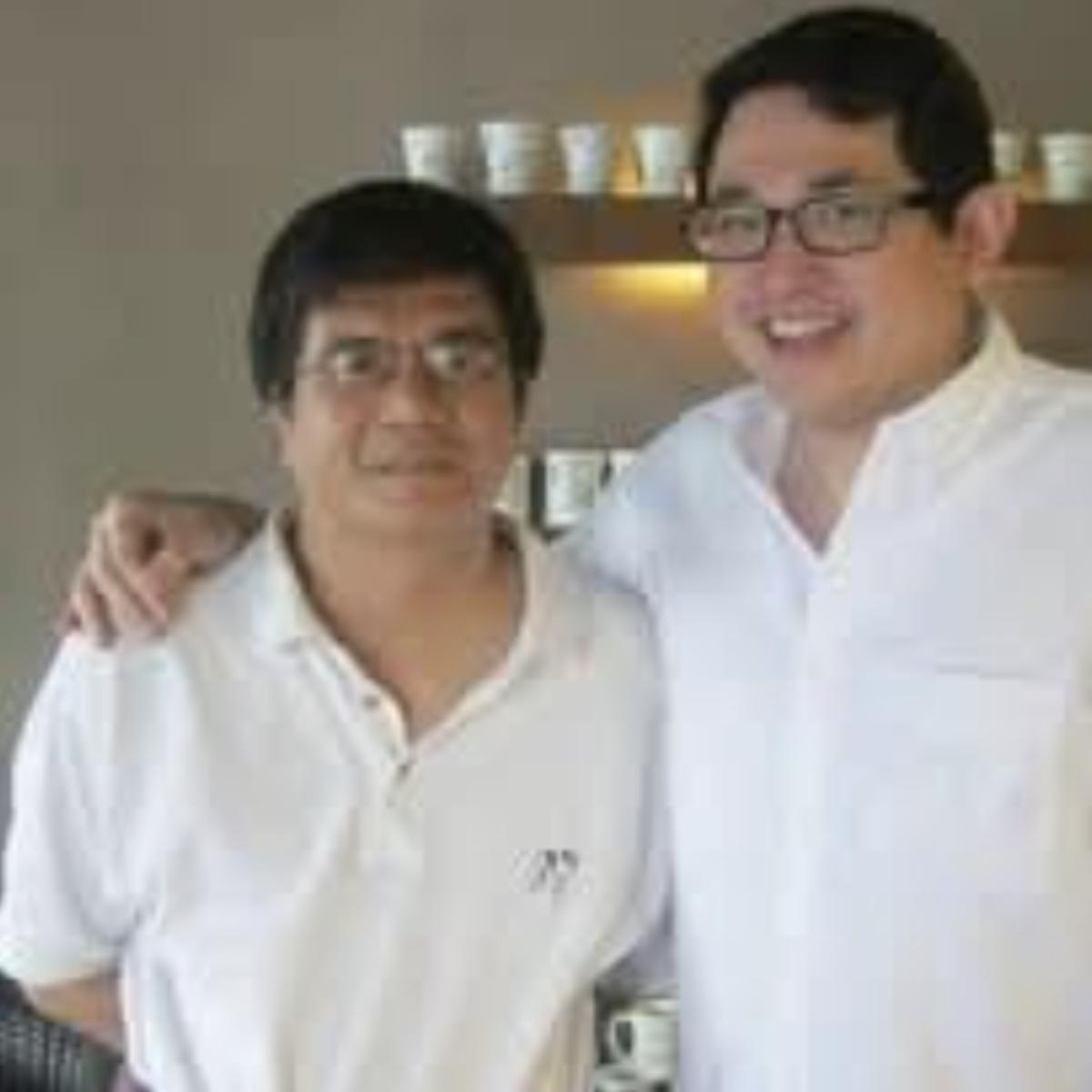IT has been five years since the ignominy of a conscious and premeditated crime, where 58 people (32 of them were media workers) were slaughtered on a hill top in Solio Masalay Barangay Salmon in Ampatuan Maguindanao, in what is now acknowleged as the worst incident of electoral violence in recent Philippine history.
Yards and yards of written papers spilled into violent paragraphs. There were pitiless accusations and vehement invectives that tried to open the eyes of those who do no want to see, unplug the ears of those who do not want to listen and ignite the thought of those who do not want to think.
Five years later, injustice remains like a thorn pierced on the brains and the hearts of families and friends of those who died and suffered. The physical sorrow lacerates, bitter and acrimonious.
What five years back had made me shudder with indignation, no longer worried me at all. I am no longer appalled by the atrocity of the massacre. I no longer intend to use reams of paper on this further proof of human beastiality, but instead use them with a good deal of detachment. Instead, in a story in which a man counts because he is a man, in which people, aren’t numbers or butchers meat, but a narrative about people, whose deaths deserve fury, pain and destruction.
It is a story that weeps for fifty eight men slaughtered, who must have had sublime qualities that enchant as well as shameful weakness worthy of sympathy. It is a story that weeps for a man’s shattered brains, bullets that pierced their hearts. A man with two arms, with two legs and a brain and a heart. We’re one and the same thing. Dead bodies that were everywhere, in the most absurd positions—lying in a heap, faces frozen in terror. The last thing they saw was an armalite pointed at them.
I imagined them hysterical with terror, shouting in agony as they were being fired at. They screamed and yelled, as the firing went on, just the same, fast and incessant. How ugly the ambush and massacre must have been.
It was how they died, and what being killed was like. It’s not fair, it’s illogical. Dying of old age is right, dying of illness is logical, but dying that way is not! They put bits of metals into their flesh, and it isn’t even war.
Yet what can I do? We waited at the bottom of my well of truth, the bottom I’d so often come close to but never actually touched—just glimpsed but always lost in the last five years.
It reminded you, about the things they told us in school or at home when we were children, the things in which we base or ought to have, on moral outlooks as adults and not just journalists—about love and hate, about justice, mercy, courage. All the escapes that in reality are no longer abstractions, but realities that must be faced and dealt with. It could have been a man, for whom you would have suffered, got excited and angry about, wondering if he was worth it. Because if you set values, you justify those who butchered them.
At any time of my life, I’d certainly have myself enchanted by the sight of those simple folks, content with their little snatches of heaven. Small, slices of life—flowered in its purity—grieve for their families and loved ones left behind.
And there’s a world where you weep for a single dead, without gunfire, in a loss when a part of you dies and the mourning never ends.





